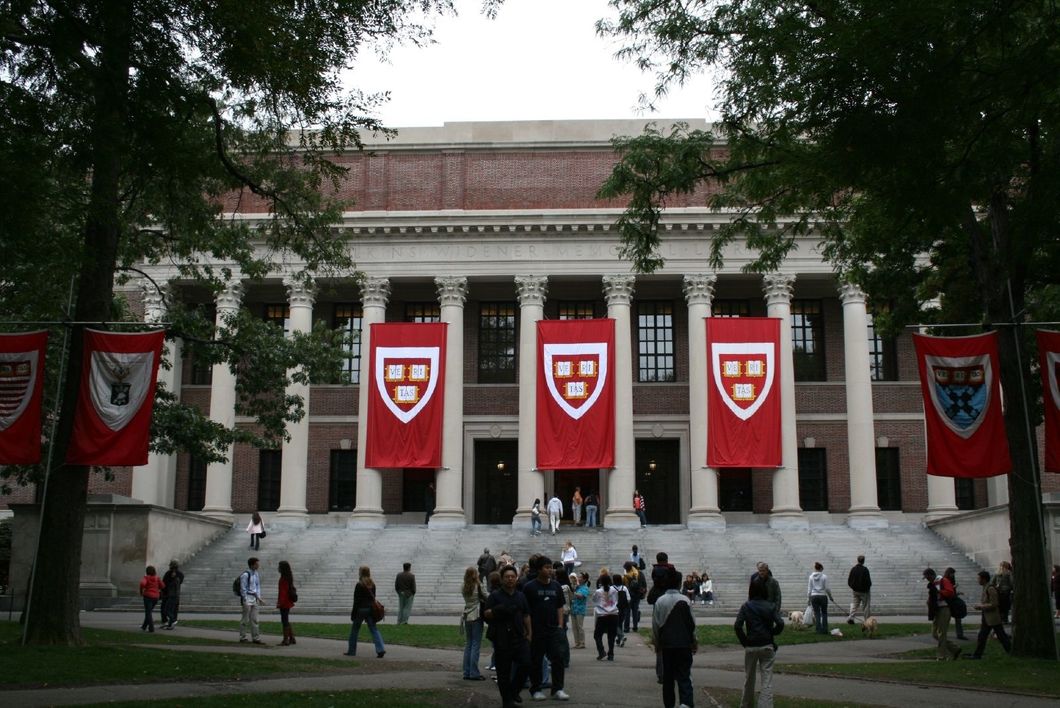College admissions are getting dicier every year, especially at prestigious institutions such as the Ivy Leagues. One university that has been clouded by controversy, however, is Harvard. Although many wouldn't expect this war over racial discrimination to be happening in Cambridge, Massachusetts, it has become the heart of the discussion on keeping or tossing Affirmative Action.
A case is being brought to court by a newly founded group called "Students For Fair Admissions" (SFFA) which is being led by Michael Wang, an Asian-American student from the Bay Area. He had a 4.67 GPA, an SAT score in the 99th percentile, and participated in a myriad of extracurriculars, one being in a choir group that sang at Obama's inauguration. Reading this, it sounds like the perfect variables in the college admissions equation, but to Wang's dismay, he had been rejected to all but one Ivy League Universities that he had applied to. When considering the factors behind this outcome, he saw his race as the outlier.
Michael began working with a conservative financial adviser, Edward Blum, who has been dedicating his life to ridding of race-conscious laws. Blum is infamous for his heading of a nonprofit project called Project on Fair Representation, where he backed Abigail Fisher, a white girl, in her case against the University of Texas at Austin. She had been rejected from the school and complained that the reason she did not get in was that admissions officers chose less-qualified students of color over her. Fisher sued the university, and Blum helped her do it. This is who Michael partnered with.
The important takeaways from this case are as follows:
Harvard's admissions rates for Asians have increased, just as the volume of their applications is increasing as well. Universities, including Harvard, do not use a student's race for a quota or to "balance" the race ratio of the university. It is used to holistically evaluate the applicant to get the whole picture of their circumstances.
Getting into Harvard is hard. Just because you didn't get it does not automatically translate to the stacks being held against you. There is some luck involved.
If we were to consider someone's wealth or socioeconomic status instead of their race, as the people suing are arguing to do, Harvard's population of Hispanics and African-Americans would decrease by over 1,000 students over 4 years.
There are problems in admissions, but it's not affirmative action. What about factoring legacy into admissions? And relatives of faculty? It was found through court filings that although children of Harvard alumni and faculty are only 5% if the applicant pool, they make up 30% of admitted students. Moreover, it clearly favors white and wealthy families with a longer lineage in the United States, thus stacking the odds against immigrants and their children. It also maintains the rigidity of our current economic mobility state. In other words, it makes it much harder to move up the wealth ladder, something that America prides itself on. That would be something bringing to a court.
If the SFFA wins this case against Harvard, affirmative action in higher education could end as we know it. And it will hurt everyone, not just Black and Hispanic students. The promotion of diversity through programs such as affirmative action has nothing to do with giving spots to less qualified candidates, and everything to do with giving all qualified people a fair shot.



















